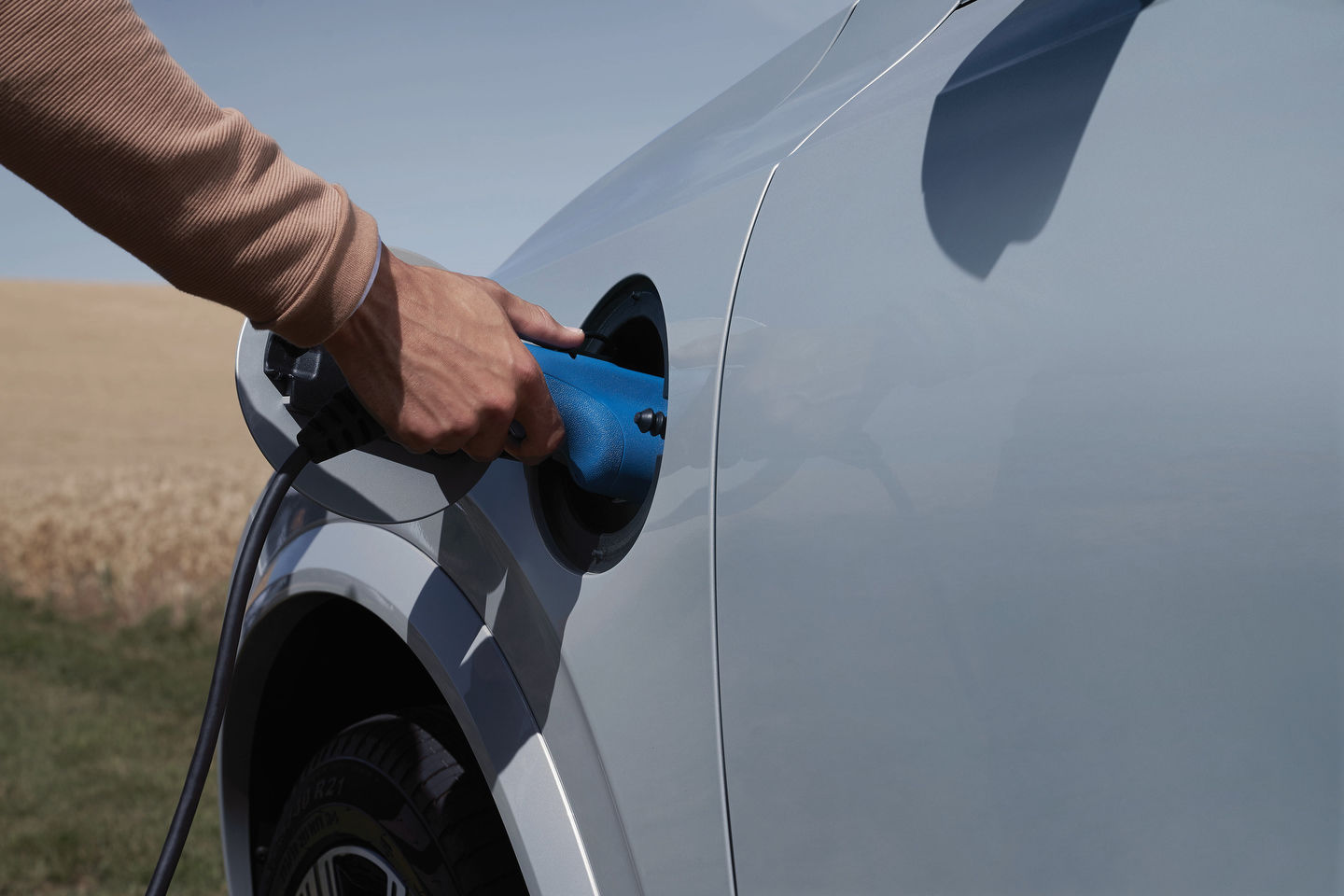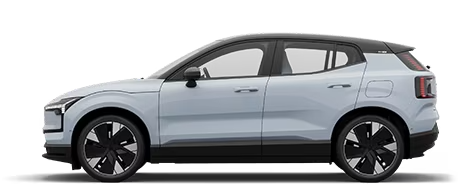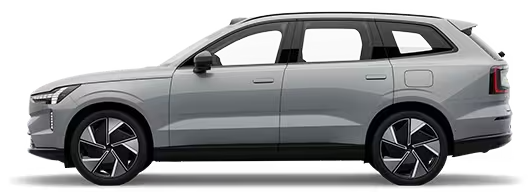Hybrid vs Plug-in Hybrid vs Electric Vehicles: What are the differences?
December 21 2021,

There are many different types of electrified vehicles available on the market. There are hybrid vehicles, plug-in hybrid vehicles, and fully electric vehicles. Finding the right model for you depends on your needs. If you are not sure which type of vehicle is best for you, we hope that this article will be able to help.
Electric vehicles
Electric vehicles are fairly straightforward. Electric vehicles have a single or dual or sometimes triple electric motor set up which is powered by a large battery. There is no gas engine so if you want to drive your electric vehicle, it has to be charged. Most owners will have a charging station at home and charge overnight. The Volvo XC40 Recharge is an example of a Volvo fully-electric vehicle.
The advantages of electric vehicle including improved low-speed performance, impressive handling thanks to the heavy battery that creates a low centre of gravity, and of course the fact that you never have to put fuel in the vehicle. This leads to a low cost of ownership and you are also helping make the planet a cleaner place.
On the other hand, for some owners an electric vehicle is not practical. If you drive often to areas with a limited charging network or you don't want to have to stop on the road to charge your vehicle which can take an hour or so even on a high-speed charger, electric vehicles may not be the better option.
Many consumers in that situation turn to plug-in hybrid vehicles.
Plug-in hybrid vehicles
Plug-in hybrid vehicles have an electric motor and sometimes two electric motors, a battery, and a gasoline engine. The battery isn't as large as on a traditional electric vehicle, but it can be used to power plug in hybrid vehicle on electric power alone the range tends to be around 25 to 60 km on those vehicles.
The Volvo lineup includes many plug-in hybrid Recharge options including the Volvo XC60 Recharge, the Volvo XC90 Recharge, and the Volvo S60 and V60 Recharge models.
The advantages here are numerous. You can use your vehicle during the week to get to work and often you won't use a single drop of fuel. On the other hand, if you want to go a farther distance, you don't have to worry about charging your vehicle because you have the gas engine to take over. You also don't usually need a charging station installed at home, as most plug-in hybrid vehicles can be charged on a 120 V outlet.
Both electric vehicles and PHEV vehicles allow you to significantly reduce your fuel usage and ownership costs. It all depends on what you are looking for. Give us a call today to learn more!


















